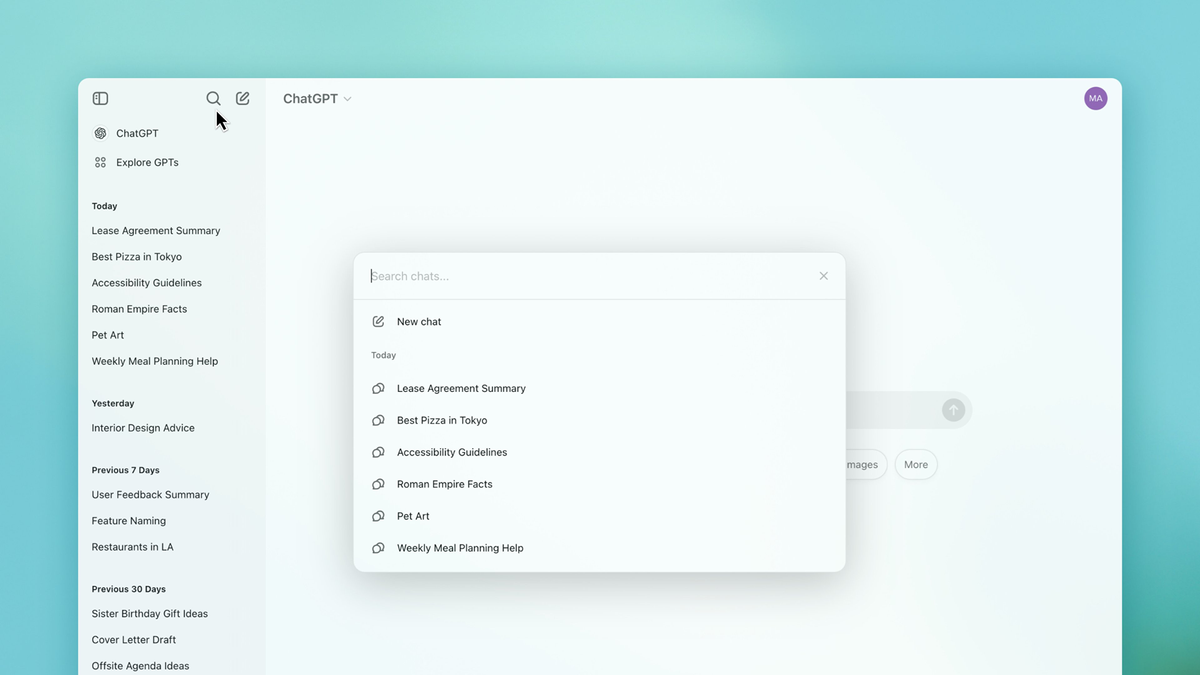Starting in November, Xbox players will be able to play and purchase games directly from the Xbox App on Android. Sarah Bond, the president of Xbox at Microsoft, has made the announcement on X, with a comment that the "court's ruling to open up Google's mobile store in the US will allow more choice and flexibility." She's talking about the ruling on Google's four-year antitrust battle with Epic Games that was recently handed down by US District Judge James Donato. The judge issued a permanent injunction that would force Google to give third-party app stores access to the Play library and to make Android apps available on alternative storefronts.
To view this content, you'll need to update your privacy settings. Please click here and view the "Content and social-media partners" setting to do so.
The court's ruling to open up Google´s mobile store in the US will allow more choice and flexibility. Our mission is to allow more players to play on more devices so we are thrilled to share that starting in November, players will be able to play and purchase Xbox games directly…
— BondSarahBond (@BondSarah_Bond) October 10, 2024
As CNBC notes, players can download games to their Xbox consoles through the Android app, and Game Pass Ultimate subscribers can also stream games on their phones. However, they can't buy games straight from the app. After the court's ruling, Google won't be able to require developers to use its billing system and will be not be allowed to prohibit devs from telling people about more affordable payment options. Microsoft will be able to offer titles for purchase without having to pay Google a commission, which was most likely the reason why Xbox didn't sell games within its Android app.
Epic's lawsuit against Google has been going on for years. In 2023, a federal jury sided with the plaintiff and found that Google held an illegal monopoly on app distribution and in-app billing services for Android devices. When Judge Donato handed down his ruling, Google told Engadget that it's going to appeal the decision, because it "fails to take into account that Android is an open platform and developers have always had many options in how to distribute their apps."

 2 weeks ago
9
2 weeks ago
9



:quality(85):upscale()/2023/09/21/802/n/1922729/d9a11ce9650c8850437280.00070284_.jpg)
:quality(85):upscale()/2024/10/30/955/n/42301552/28e49c1e6722ab5b973b38.46745005_.jpg)


:quality(85):upscale()/2024/10/30/711/n/1922441/c62313206722590ade53c4.47456265_.jpg)
 English (US) ·
English (US) ·